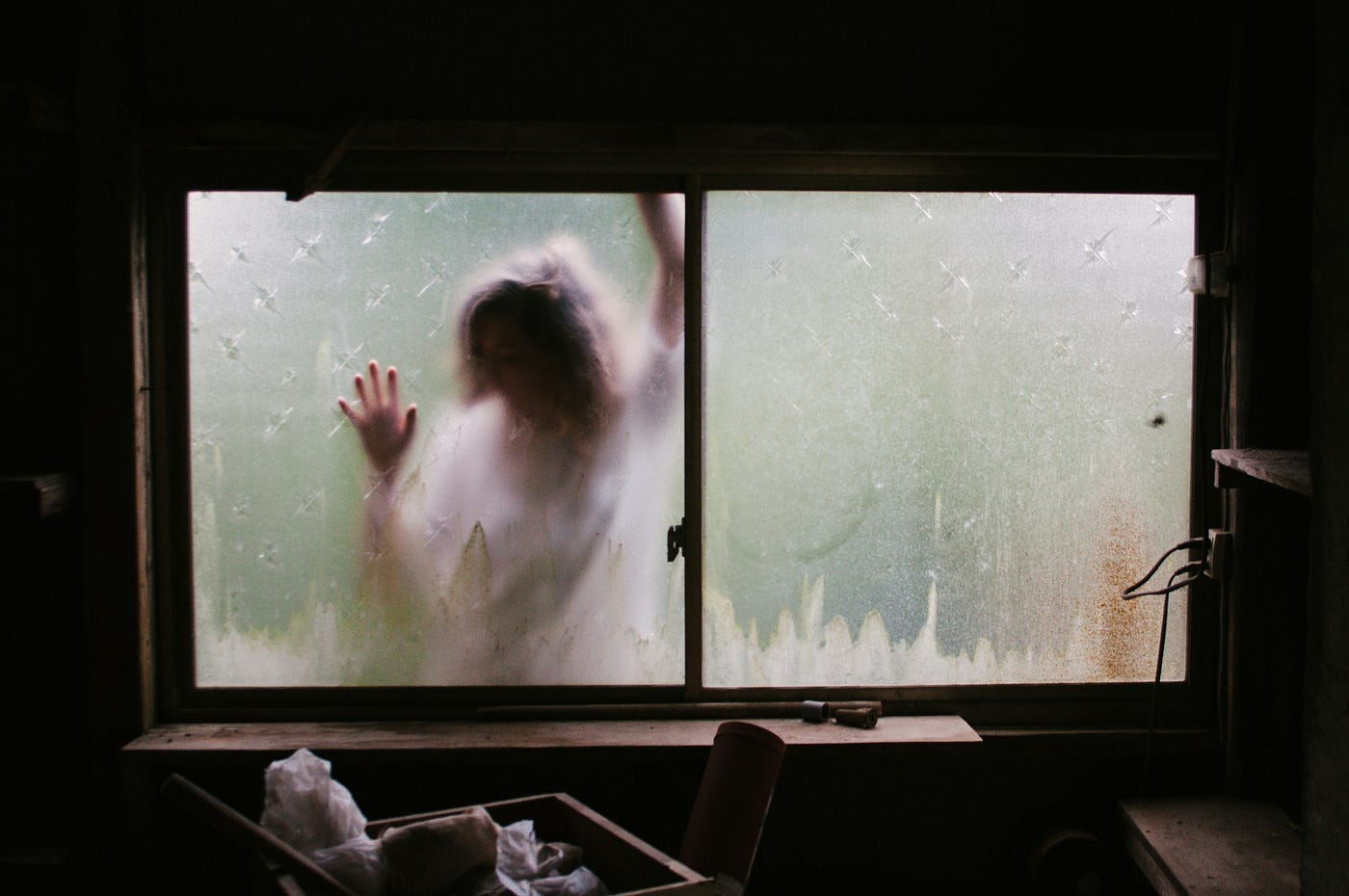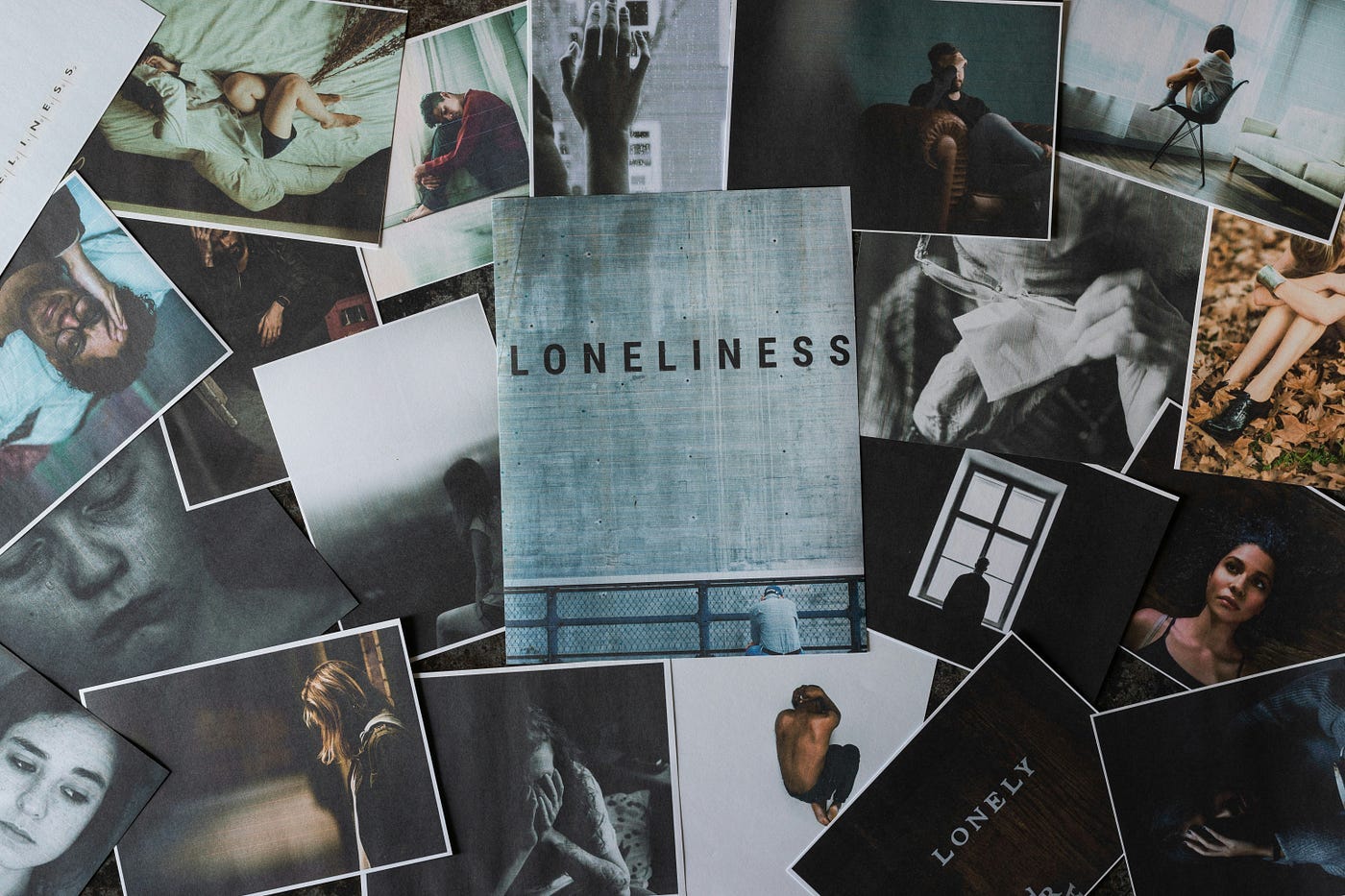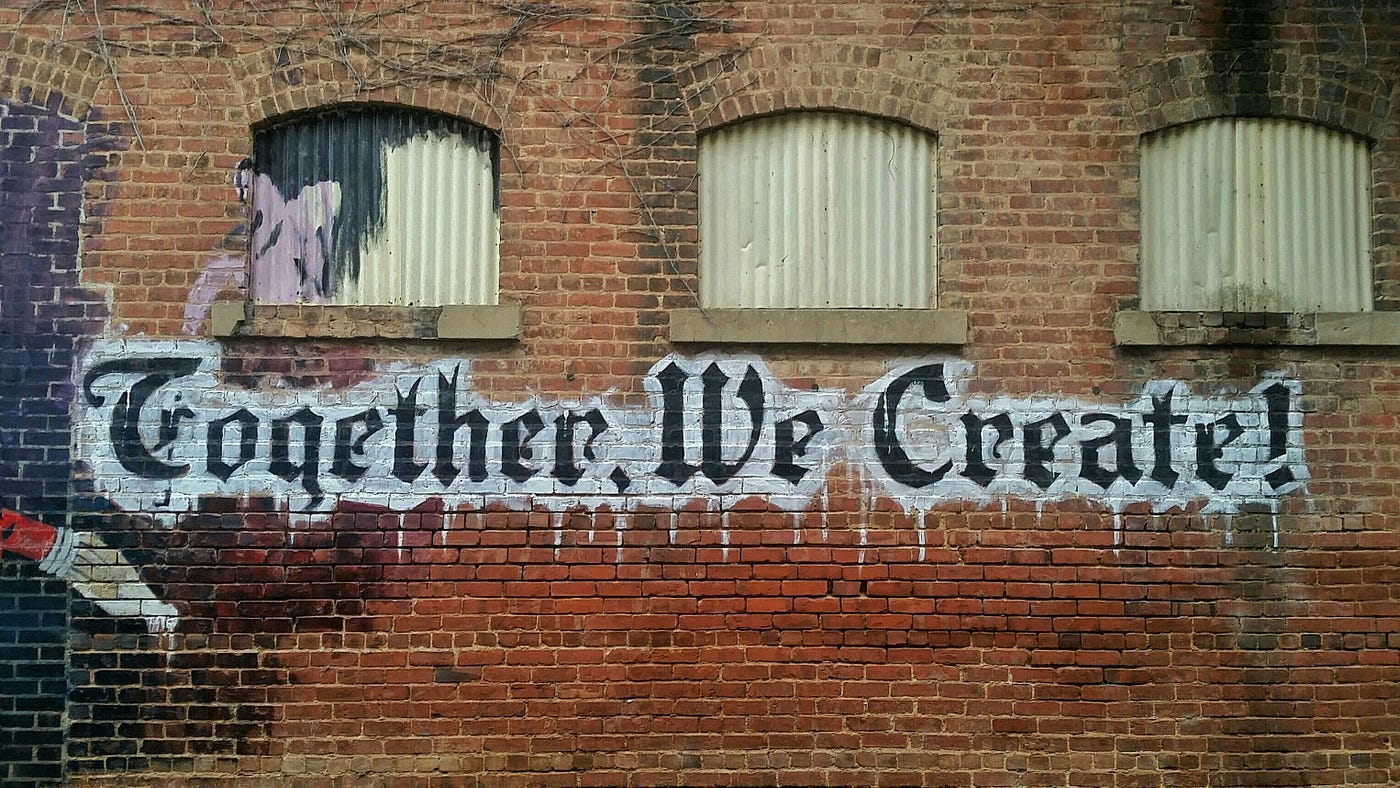Challenging the Stigma Around Mental Health for Creatives
It’s time for us creatives to speak up and allow ourselves to be heard.

On the surface, being a creative freelancer can seem like a dream job — flexible hours, creative freedom, and the ability to work from virtually anywhere. But often, beneath this glamorous facade, lies a hidden demon: the silent battle with your mind.
I’ve been immersed in the world of artists and creative freelancers for over the past decade, and I’ve noticed that the stigma around mental health is particularly pervasive and damaging in this community. Mental health has become a buzzword in our culture, and it is great that more people are educating themselves, stopping to listen to others, and trying to gain emotional awareness. However, I feel we creatives need to speak up and allow ourselves to be heard.
There are many factors that contribute to why mental health struggles for creative freelancers are particularly amplified. Let’s discuss some of them:
Lies Our Culture Sells Us
Creativity is often romanticized as a product of turmoil and suffering. Everyone has the picture of a tortured poet in their minds, and they probably look a lot like Vincent van Gogh, Virginia Woolf, Sylvia Plaths, or Edgar Allen Poe in some way or another. We hold famous creatives like these, who struggled with their mental health, on a pedestal, proclaiming they created awesome works because of their pain, and strive to be like them so that we ourselves can be as legendary. We call their creations raw, relatable, and real. This praise is all true and deserved!
However, regardless of that truth, the mental anguish they lived with was tragic.
The stereotype is often true: creative souls feel deeply, then process and express privately. The danger in romanticizing this stereotype is that it can lead to the belief that mental health issues are a necessary evil for creation, a source of inspiration rather than an unhealthy state of being. As creative freelancers, we may consciously or unconsciously keep ourselves stuck in downward spirals of depression because we believe our suffering is necessary to fuel our work.
We may also feel pressured to live up to the vision of “being your own boss” or “remote freelancing” that society now associates the job with: sipping margaritas on an exotic beach with a fancy laptop. Unfortunately, creative freelancers still live in a world where we have to fight to be taken seriously as professionals. Many of us feel pressured to maintain the facade of effortless creativity, fearing that admitting to mental health struggles could be seen as a weakness or, worse, a threat to our professional reputation.
But these are just lies sold to take your money, or, in this case your spirit.

The Isolation Factor
Freelancing inherently involves a degree of isolation. While solitude can be a source of peace and productivity for many of us, especially freelancers who are more introverted, being alone for too long can become a dangerous black hole where our mental health challenges spiral out of proportion. No matter how introverted you are, loneliness is not good for any human.
Unlike traditional office environments where colleagues may notice changes in behavior, we freelancers are often solo, making it easier to hide behind a screen and avoid confronting our mental health issues. We need to take extra care to be self-aware and honest with ourselves about our mental state. Finding supportive communities with other creative workers who understand our work is crucial. The emotional support and solidarity you will find there is invaluable. These networks are going to be our platforms for change.
The Financial Struggle
Financial instability is another harsh reality of freelance life. In a profession where income can fluctuate wildly, the pressure to constantly hustle for the next gig can take a toll on mental well-being. The fear of not knowing when the next paycheck will come in can add an extra layer of stress and anxiety, compounding existing mental health conditions or even triggering new ones. Overloading ourselves with work and working through burnout just to pay the bills are sadly common experiences.
Additionally, not having a W-2 means that you do not have ready access to employer health plans, insurance, or paid time off. This logistical struggle alone makes budgeting time and money for therapy or even self-care feel impossible.
At OBA, we believe your hard work deserves financial stability. Our mission here is to empower you.
Taking the Mask Off Imposter Syndrome
Imposter syndrome–characterized by persistent feelings of self-doubt and a fear of being exposed as a fraud despite evidence of competence–is rampant among creative freelancers. Every artist bears the cross of crippling emotional attachment to their work. Putting your creations out into the world when you have poured pieces of your heart and soul into them is terrifying. Even worse, we independent workers also deal with the complication of our ability to keep grinding and creating being intrinsically tied not only to our self-worth, but also our actual livelihood.
Whether we question the quality of our own work, compare ourselves unfavorably to our peers, or attribute our successes to luck rather than skill, imposter syndrome can sabotage self-confidence and fuel anxiety like gasoline on a fire. It’s so easy to get stuck in the downward spiral of asking, “Am I doing enough?”, while simultaneously not giving yourself credit for how much you are doing. The mental exhaustion of imposter syndrome can drive you to burnout even faster. The doubt can sabotage your career before you even find out how far you can go.
It’s crucial for creative freelancers to redefine success beyond productivity metrics or even external validation. Embracing a growth mindset, where failures are learning opportunities and self-worth isn’t tied solely to work achievements, can help us better face the stresses of freelancing. Celebrating small victories, engaging in peer relationships that support and validate your story, challenging negative self-talk, and seeking mentorship are all important for building up our resilience in the face of imposter syndrome.

Safeguarding Our Creative Ability
Any asset requires investment. As a creative freelancer, your biggest asset is your brain and your talents. Practicing self-care and safeguarding your mental health is absolutely necessary for the longevity of your career, not to mention your own well-being. Invest in your greatest asset–YOU! This includes taking regular breaks, engaging in physical activity, making time for what brings you inspiration and purpose, and setting boundaries–whether that be work hours, jobs you take on, or clients you accept. Self-investment also includes seeking professional help when needed.
Seeking Help Isn’t Defeat
Talking about mental health can be uncomfortable, especially in industries where the focus is constantly on hustling harder and reaching higher. The fear of losing credibility is very real, not to mention being judged or misunderstood. Numerous factors overlap to prevent creative freelancers from seeking the help they desperately need. But we need to do better for ourselves. The world isn’t structured to be a nice place for us to exist. We need to carve that place out for ourselves. We need to bring our struggles to light so future generations of creatives do not need to suffer in silence.

Changing the Narrative
The opportunity for change is in our hands. It’s time to challenge the stigma surrounding mental health in the creative freelance community. Recognizing that prioritizing mental health is not a sign of weakness but a common human experience is the first step towards creating a supportive environment.
Clients and employers: we need your help to achieve this goal. Creatives can stand in solidarity with each other, but we need you to help us break free from the toxic norms of the corporate world. Together, we can break down the barriers of shame and isolation that prevent individuals from taking care of themselves. It is time for us to own what it really means to be a creative freelancer, and stop letting the rest of the world define it for us.
Remember, your mental health matters — seek help, speak out, and know that you are not alone in this journey.



